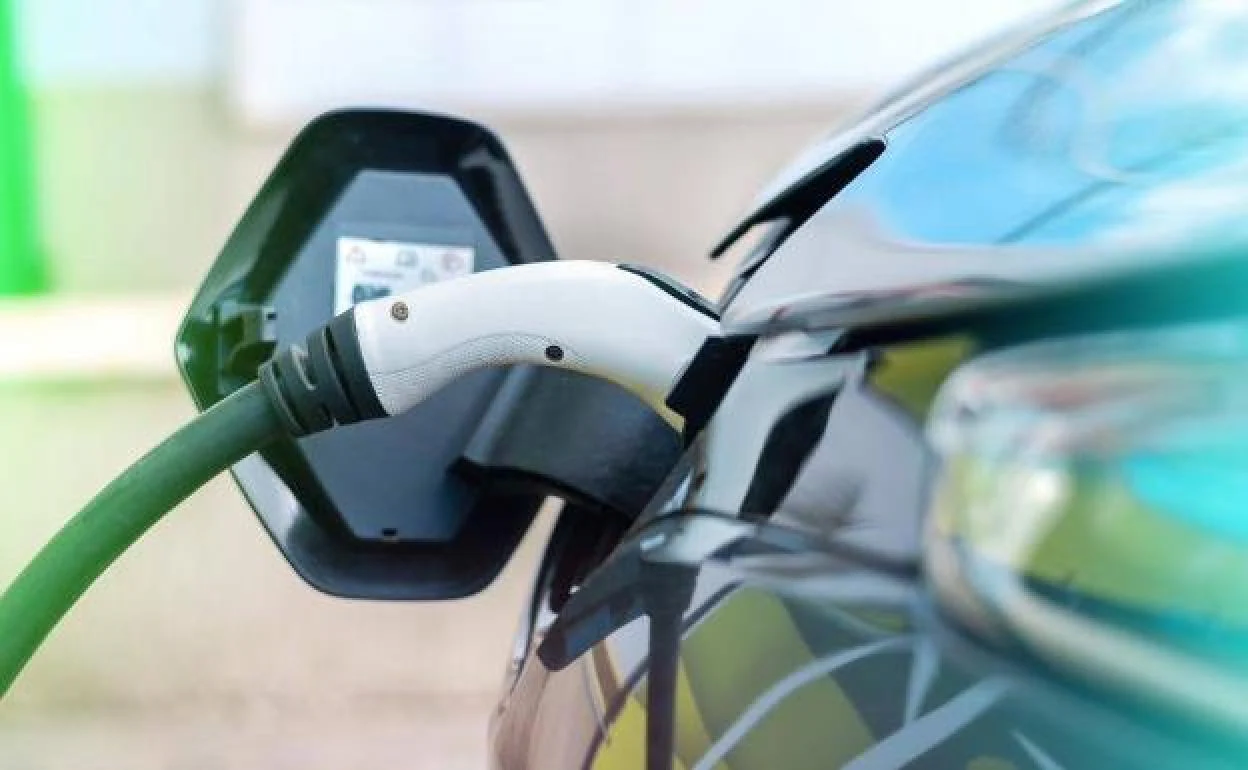The cost of recharging an electric car in Spain increases by 30% in one year
Despite the price increase it is still cheaper to recharge an electric car than refuel a diesel or petrol vehicle, according to the OCU consumers association
J. BACORELLE
Wednesday, 8 December 2021, 12:42
With the price of electricity continuing to break all records in Spain, more and more drivers are wondering how this situation will affect the price of charging electric cars. The reality is that, although they are still more economical than traditional diesel or petrol vehicles, in the last year there has been an average increase of 30 per cent in the price of recharging, according to data from the Spanish consumer association Facua.
The price of electricity in Spain has not stopped rising throughout the year, with wholesale market price breaking records every month. So, although the owner of an electric vehicle paid about 1.3 euros for night-time recharging in February, in September the average was 3.40 euros to travel about 100 kilometres.
According to Emilio Bravo, CEO of the electricity company Lucera, “The electric car has positioned itself as the ideal means of transport to achieve a radical change in the relationship between society and the environment, but for this it is also important that the recharging is from renewable energy sources.”
Bravo said that recharging the battery of the average electric car to travel about 100km should not generally cost more than two euros, pointing out that not all batteries in electric cars are the same, nor do they have the same capacity, and variations in the price of electricity make it more difficult to give a definite figure.
The cost also depends on the type of charging, since it can be normal (5 to 8 hours), semi-fast (1.5 to 3 hours) or fast (5 to 30 minutes). As the recharging time decreases, more power and charging intensity will be necessary, which makes the figure more expensive.
"The rise in the price of the electricity bill is nothing more than a hindrance to the challenge of decarbonisation that is causing a significant increase in the cost of sustainable mobility," said Marcos Moure, owner and founder of Grupo Moure. In this sense, the current picture is not at all promising for electric mobility to become a reality: few electric cars are sold, there is still little infrastructure and the price of electricity is rising.
Possible savings
According to data published by Facua, in the last year there has been an average increase of 28.6 per cent in the average price for recharging an electric car, which could amount to an additional cost of around 300 euros a year,” explained Manel Montero, CEO of Grupo Moure.
"The continuous increase that the electricity price is suffering, is calling into question the possible savings that users of electric cars would have with respect to fuels," said Montero.
While it is true that a zero-emission vehicle has a higher purchase price than a combustion vehicle, the cost of recharging or refuelling is still lower in the first case.
Spain’s OCU consumer association established a comparison to verify this. In its research, a motorist who completes 10,000 kilometres a year in a mid-range vehicle was taken as a reference. According to the OCU estimates, to travel this distance, a petrol car would consume 700 litres of fuel, a diesel vehicle some 600 litres and an electric vehicle approximately 2000 kWh in a night-time recharge during off-peak hours and under the PVPC (voluntary price to small consumer) rate.
Greatest increase
Taking into account the prices at the end of September, the form of refuelling that has experienced the greatest increase compared to 2020 is the electric recharge (260 euros more), above petrol and diesel, which experienced an increase of 181 and 131 euros, respectively. However, the OCU found it is still cheaper to recharge an electric car, since its annual cost would be 447 euros, compared to 775 euros for diesel and 1,006 euros petrol.
